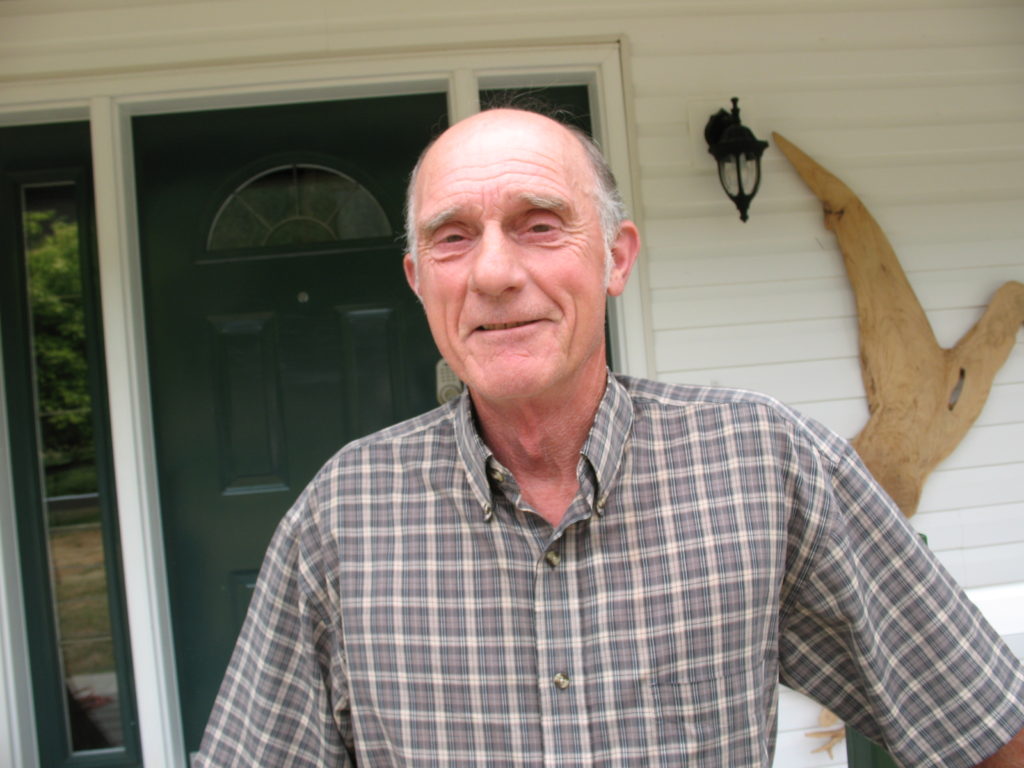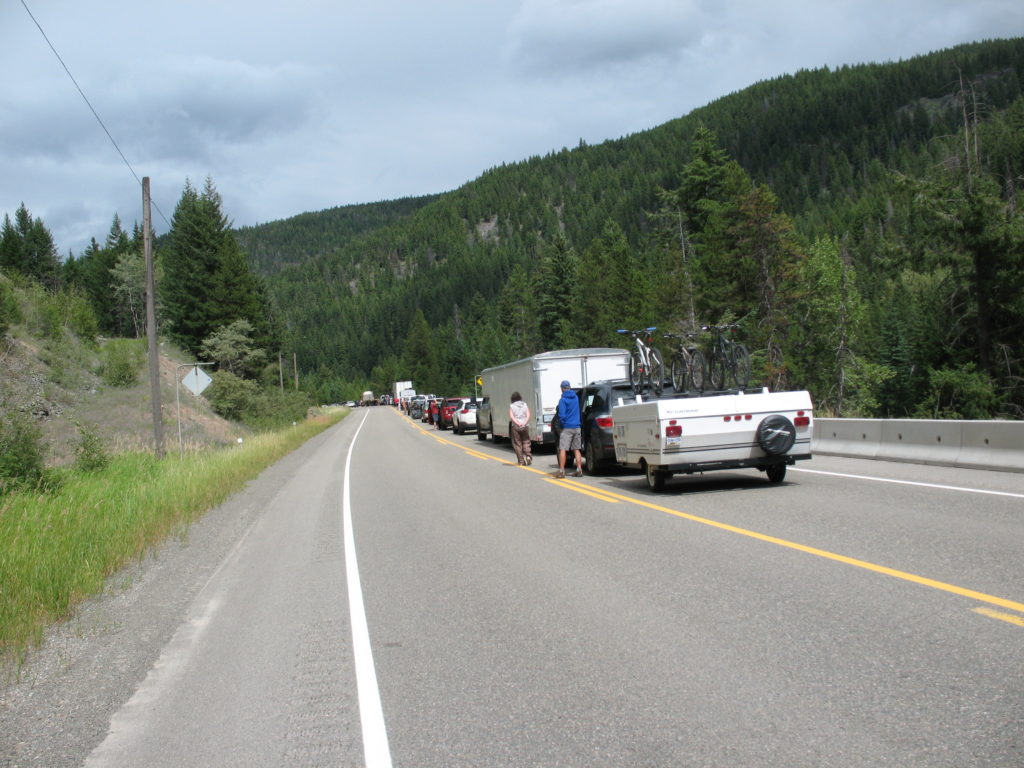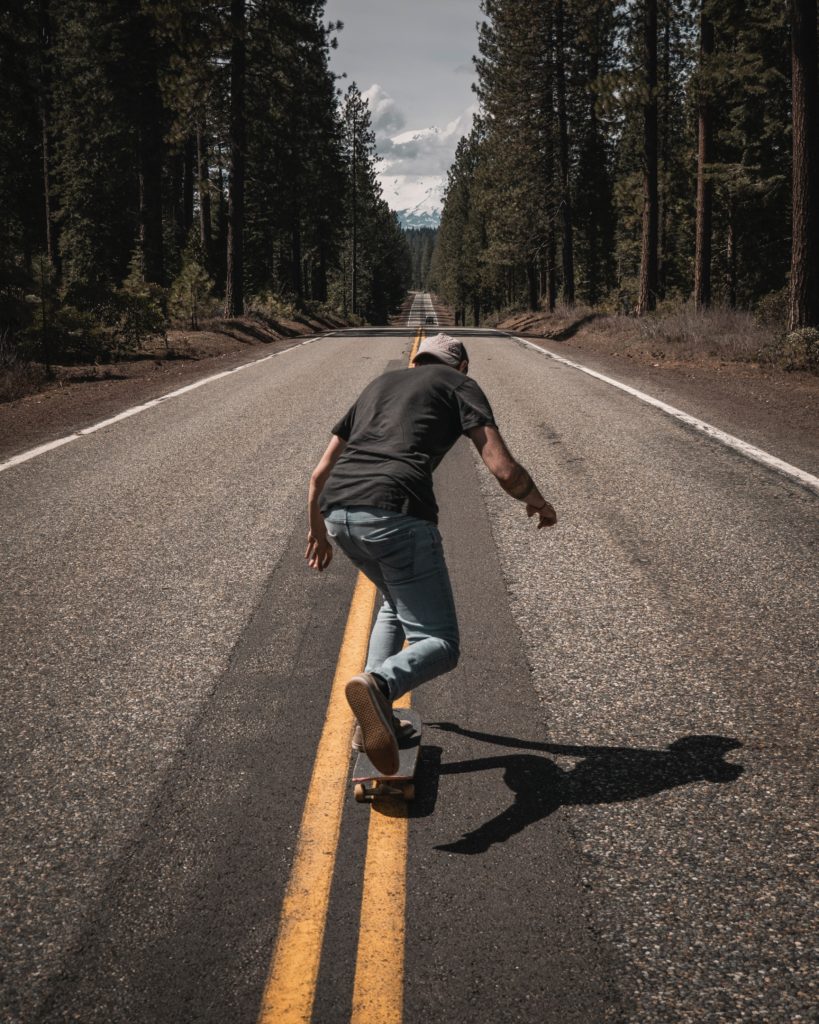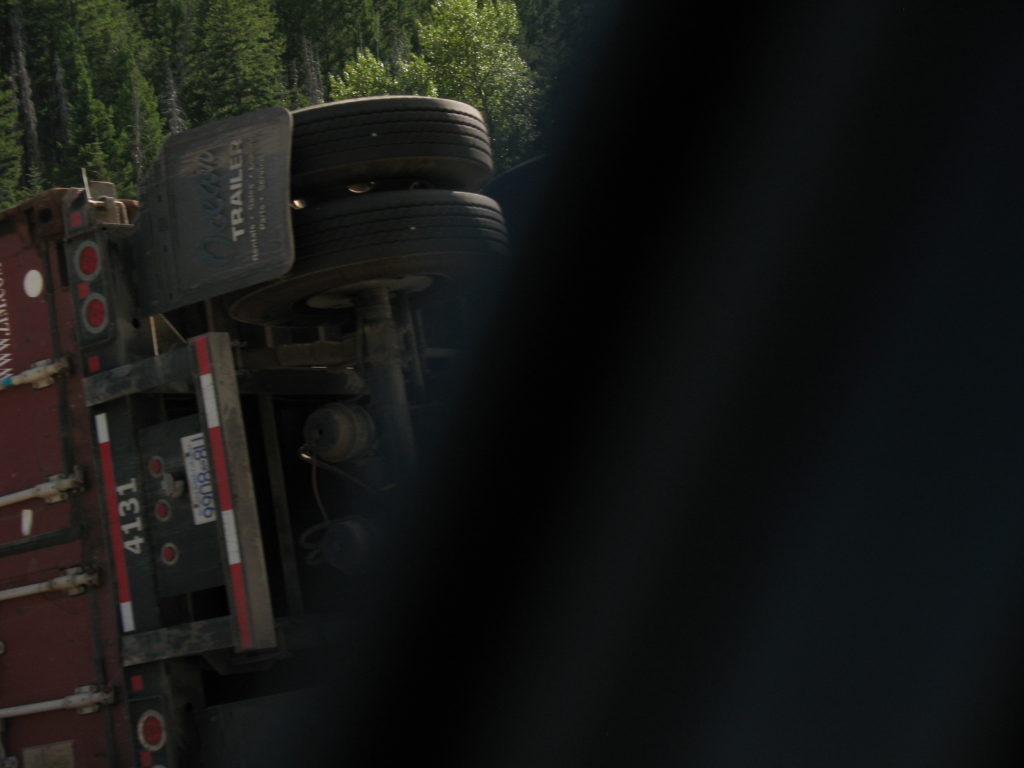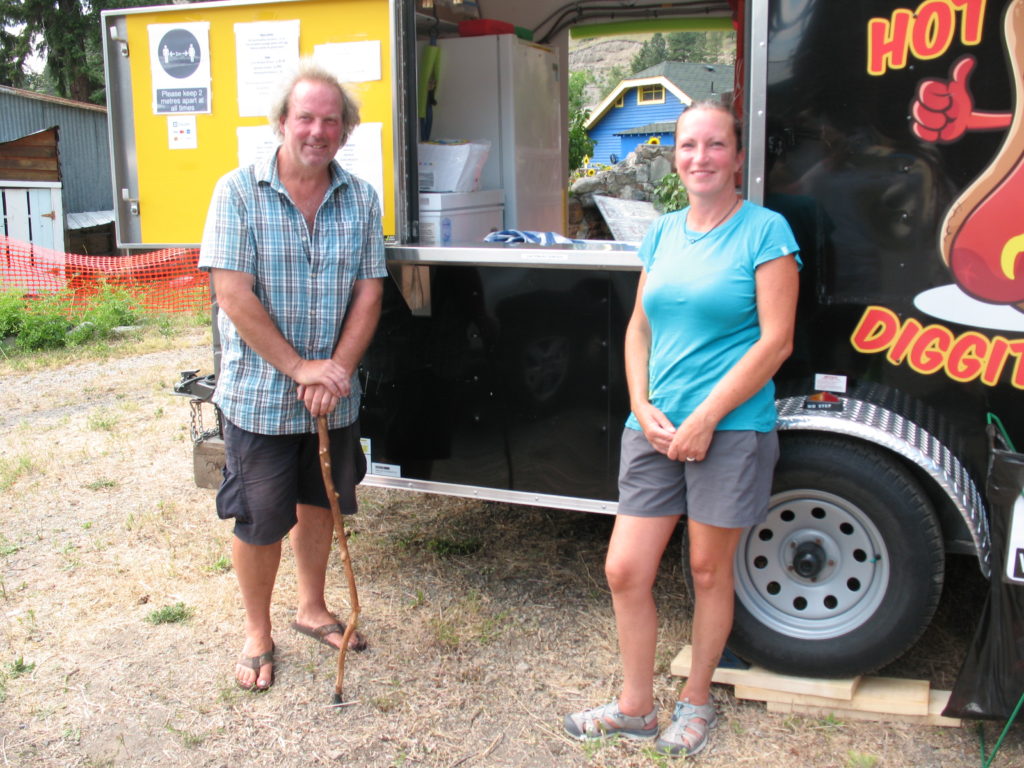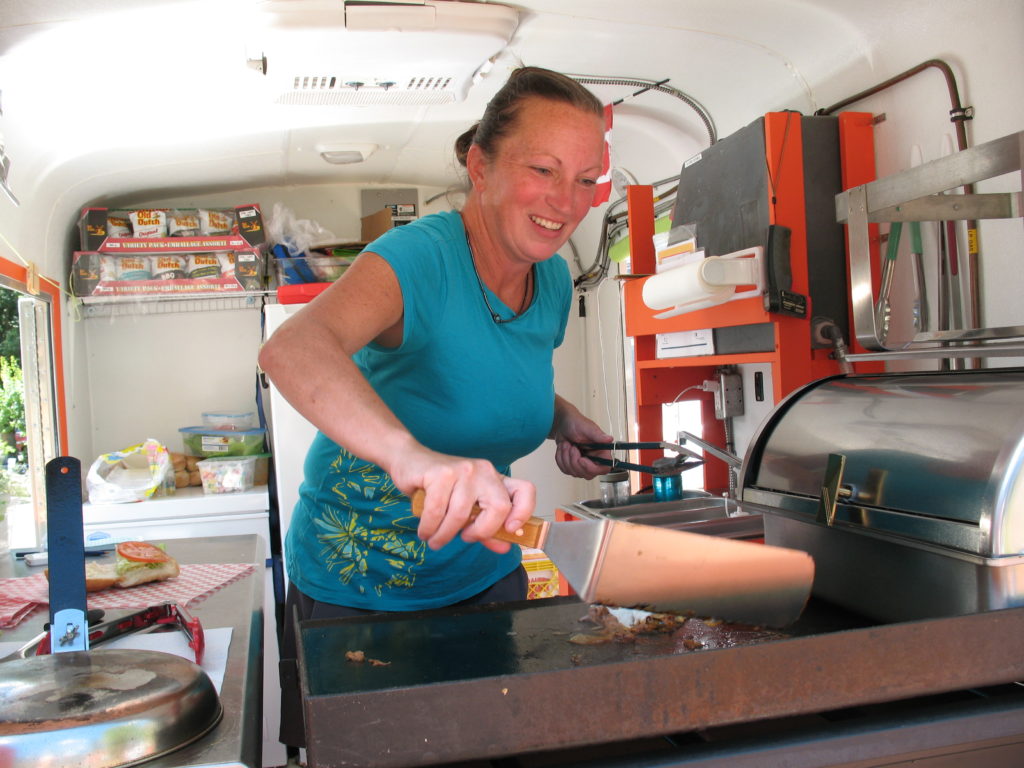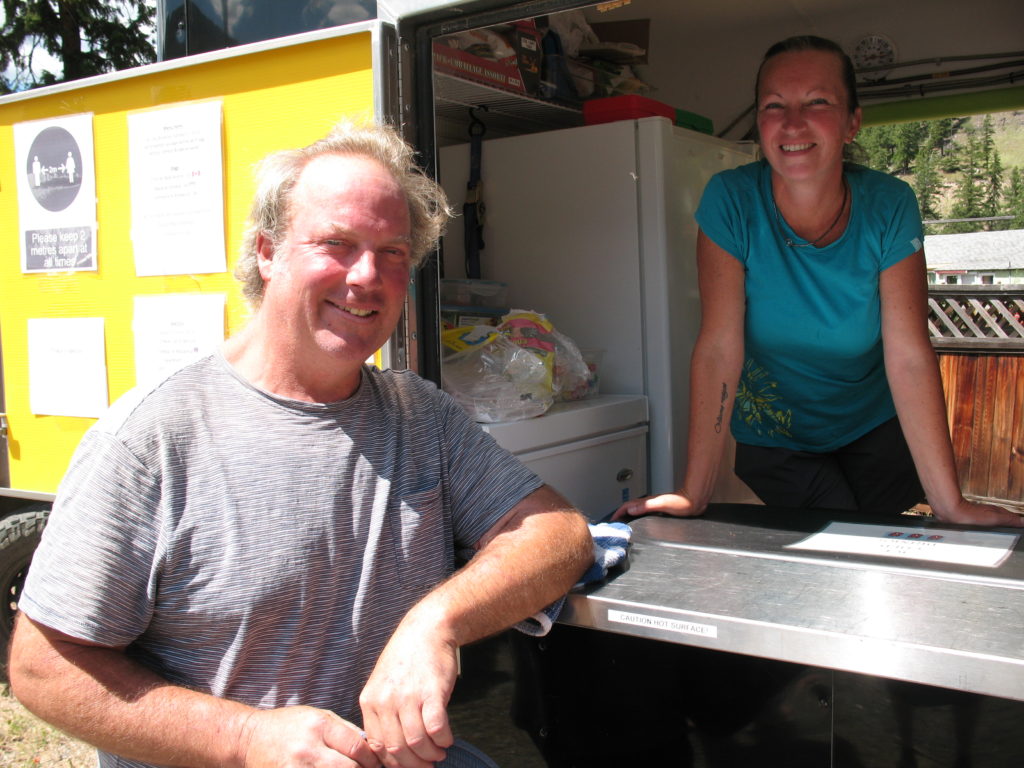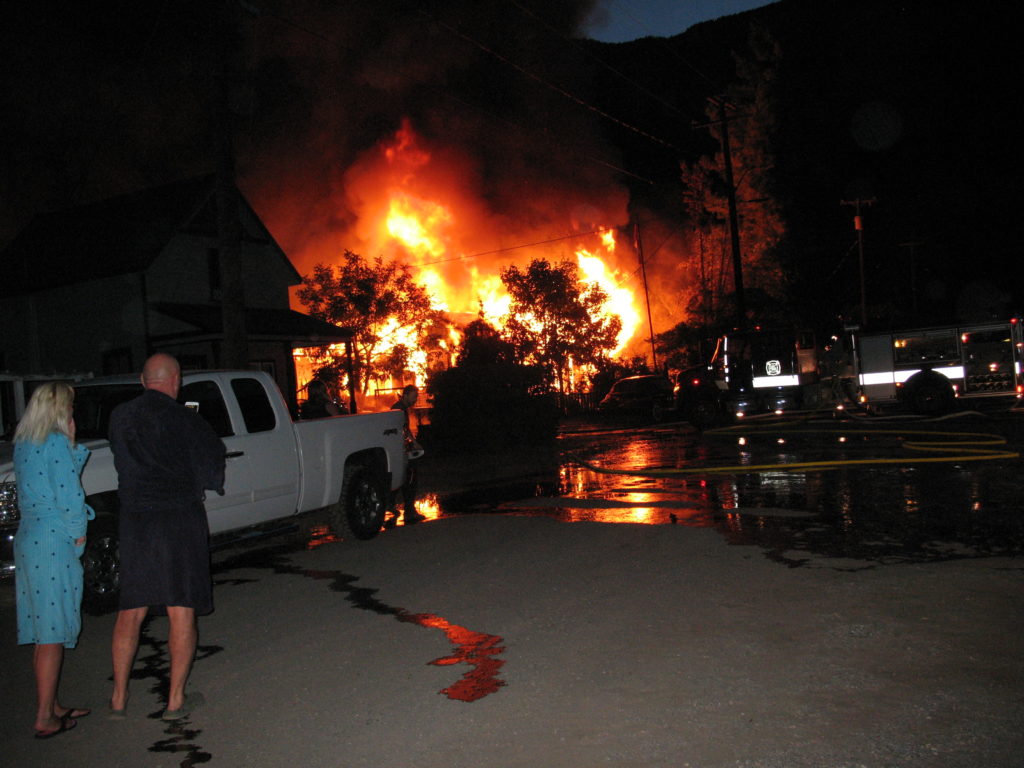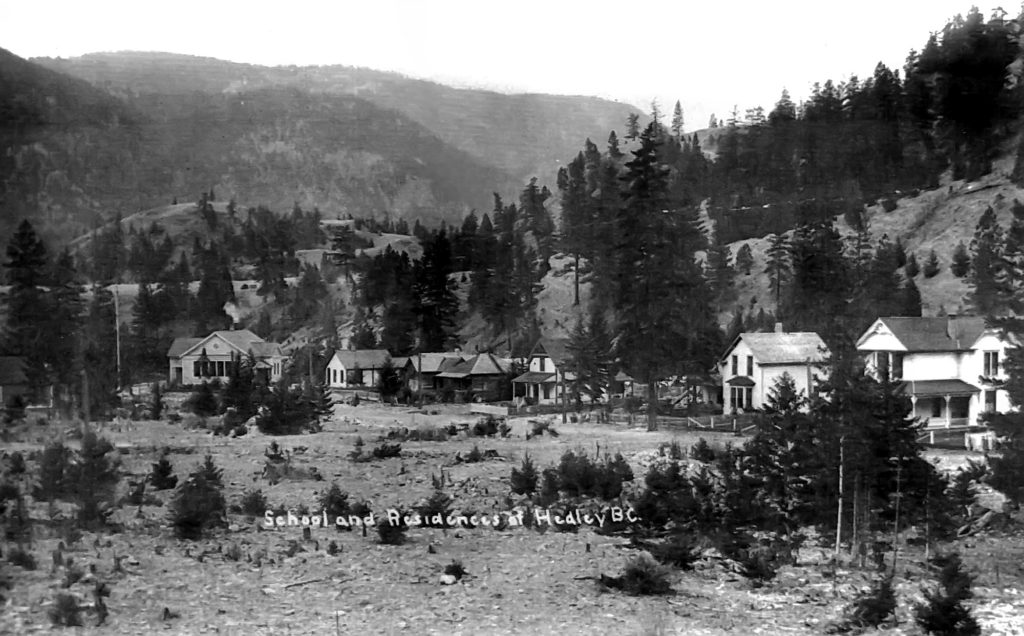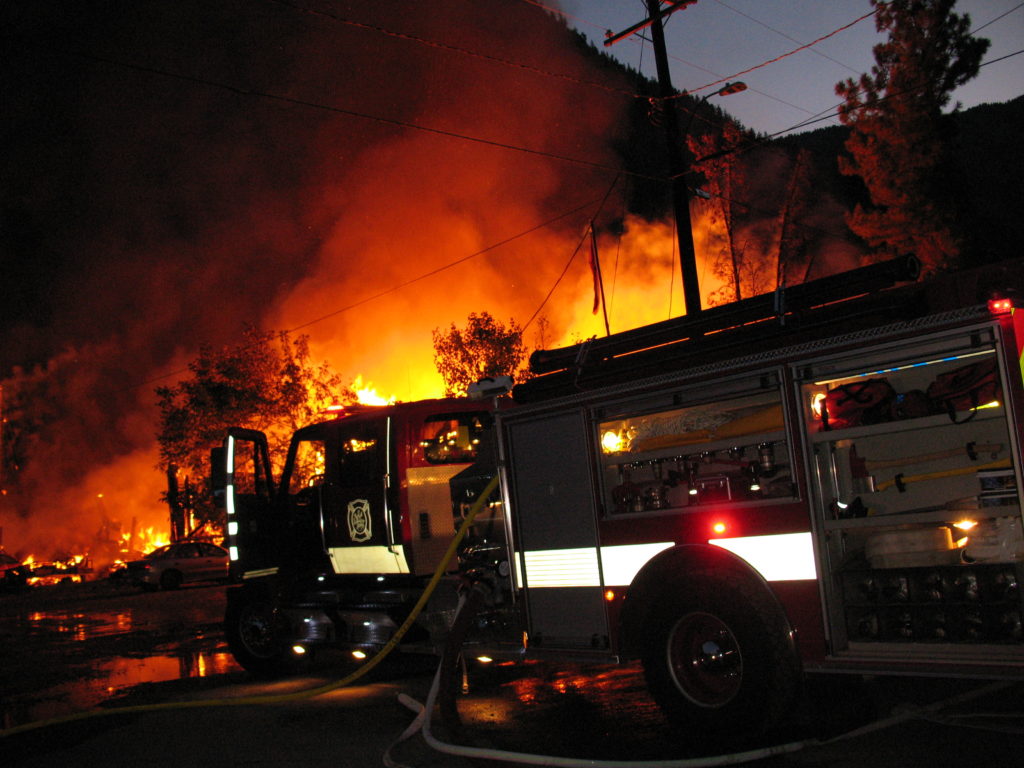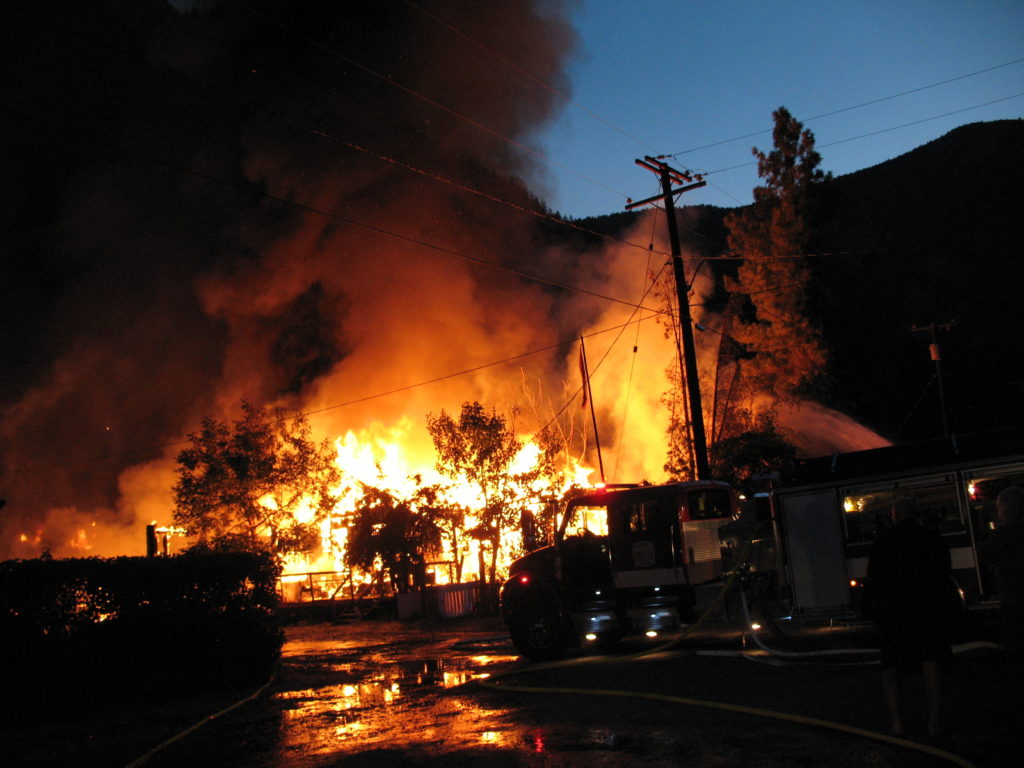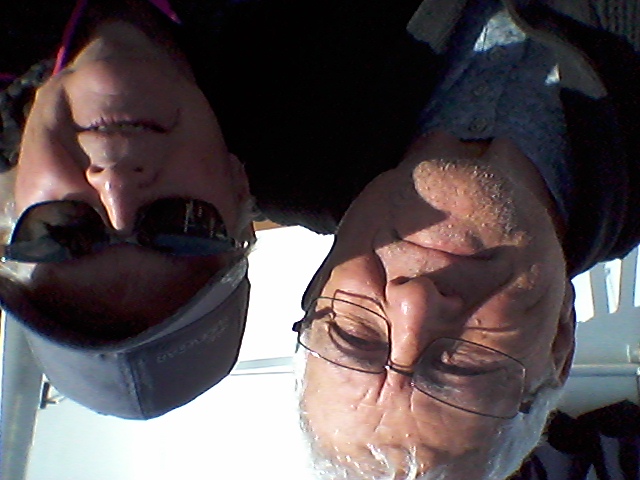
Living in Hedley, where we have no known cases of Covid 19, there seemed little reason to be concerned. That changed when Linda and I received an email last week from our friend Robert Billyard. At age 76, he had still been working at a company with 300 employees. “A lot of them were young and not worried about the virus,” he said in a telephone interview from his home in Mission. “Those young bucks believe their bullet proof. At my age I knew I was vulnerable. I decided to retire a couple of months earlier than I had planned. I was too late.”
Robert is a big man endowed with a powerful physique. He and wife Jennifer met when they were participants in a cycling group. They have long been active in various sports, including swimming and kayaking. They seemed too healthy and vibrant to be taken down by the coronavirus.
In early April he began experiencing chills and fatigue and his behaviour was becoming eccentric. “I’m going to book a room at the Best Western,” he told Jennifer at dinner one evening. “I’m not feeling well.” A pragmatic, no nonsense lady, she kiboshed this idea. “I’m taking you to the Emergency right now,” she said.
Tests revealed he had the virus. “They put me into an induced coma,” he recalled. “That was so my body wouldn’t fight the ventilator, and to prevent brain damage.” While in the coma he had vivid dreams, some terrifying. “In one dream I was taken hostage by a drug cartel,” he said. “I thought they planned to kill me so I was very nice to them. I gave them all kinds of reasons to let me live.”
He feels fortunate that Jennifer stayed in close contact with the medical team and with his daughters in Denmark. “It was a tough time for her. Gardening was her therapy.”
In late April a doctor told Jennifer Robert was no longer responding to treatment and not coming out of the coma as expected. The medical team started questioning whether he would survive. Also, they cautioned Jennifer that if he did wake he might suffer a heart attack or stroke. Robert had told Jennifer he never wanted to be placed in a facility for the aged and disabled.
She reluctantly signed a “do not resuscitate” order. “It was the loneliest day of my life,” she told him later. Desperate and not a quitter, Jennifer read him the riot act on Zoom. “We have too much on our bucket list,” she told him. “You can’t die yet.”
“When I did wake after 5 weeks in a coma,” Robert said, “I thought I was in a pub. I ordered a beer.” His body had deteriorated and he didn’t have strength to stand. Initially the nurses needed to feed him. Even now he is dealing with shortness of breath. Looking back on the experience, Robert said, “It’s pure hell when you’re in the midst of it. At my age I’m lucky to have survived. I feel that I cheated death.”
I wondered if the Covid experience had changed him. “I had been struggling with the age thing,” he replied. “Covid has helped me understand that we don’t fully appreciate life until we are close to death. Surviving the virus has made me more positive and grateful. It has also deepened Jenny and my relationship.”
He paused and seemed deep in thought, then continued. “I’d like to make more friends and go for coffee with them. I’m not strong enough yet for demanding physical activities. Jenny and I have done a lot of kayaking. Maybe I’ll get back to that. I used to play badminton, but that’s a young person’s sport. At my age, it’s too fast. I do feel rejuvenated though, younger than a year ago. Probably because I’m not working and my body is getting more rest. I’m not as strong as I was, but even so I feel like I’m winding back the clock.” His perspective on the Covid scare, and most things is surprisingly positive.
Jenny is ready for a more uplifting adventure next time. She put it pretty succinctly, telling him, “Robert, you’ve burned all your health credits. You can’t have another crisis for ten years.”
Hearing my friend’s account, I now understand that Covid 19 is more real and dangerous than I had thought. It leaves no room for complacency.

